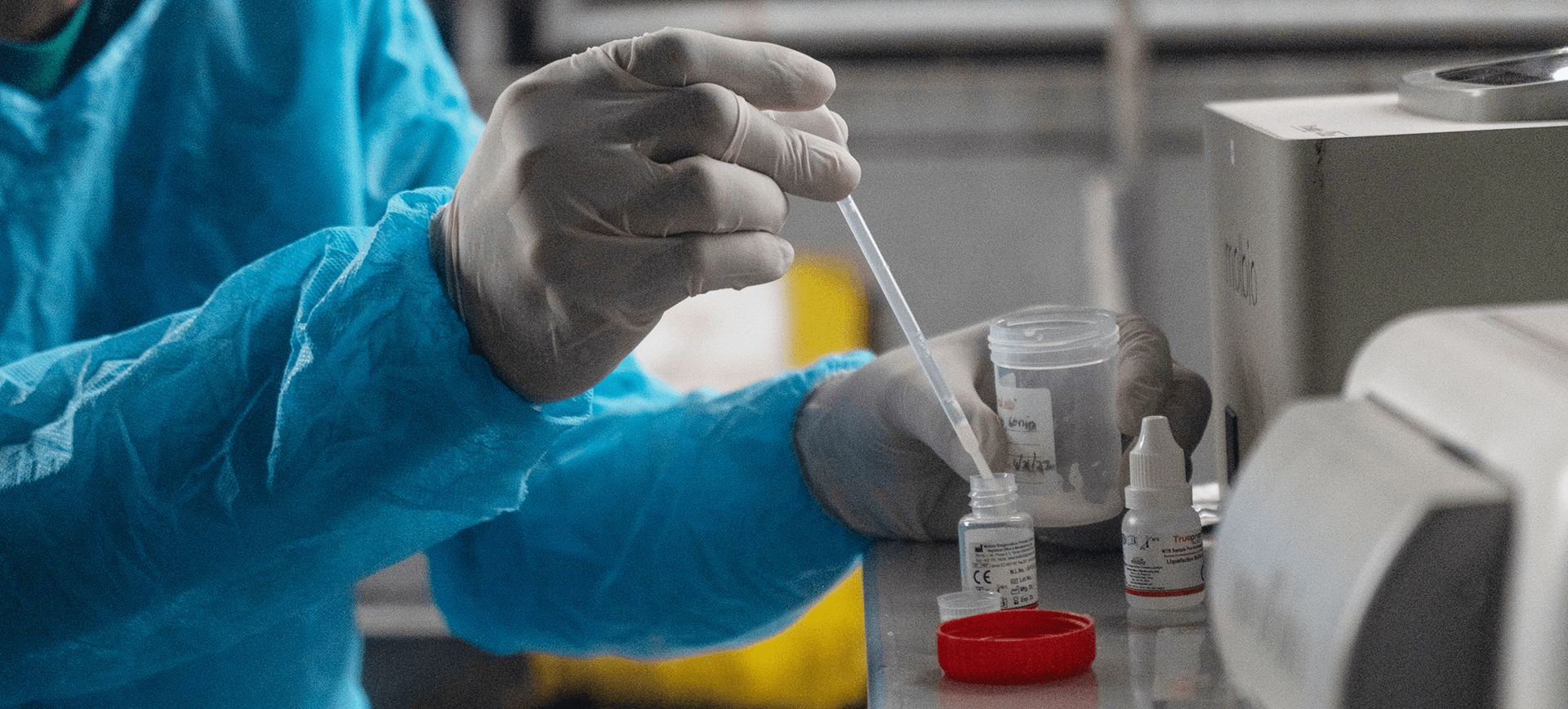In the narrow, sun-drenched lanes of Goa, hidden within a maze of by-lanes and alleyways, is a tall, modestly built building labelled Sapphire Diagnostics. A private diagnostic lab, Sapphire has quietly emerged as a lifeline for many proximate communities in Goa. At its heart is a resolute pathologist who, in the thick of the COVID-19 pandemic, made a decision that would alter the course of her lab—and potentially go on to save hundreds of lives.
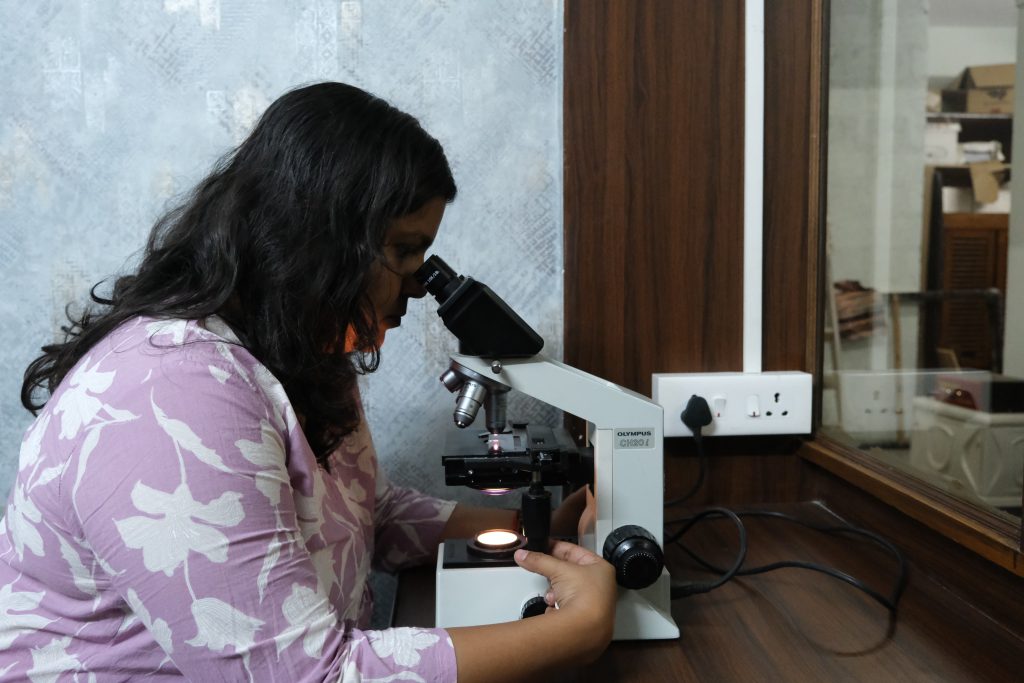
Founded in December 2020 by Dr. Sunayna Shet, Sapphire Diagnostics was still finding its feet when COVID-19 struck India with brutal force. “Initially, I was outsourcing all COVID samples,” Dr. Shet recalls. “As the first wave barraged the nation, the demand surged. I knew I needed to do better to accommodate the incoming samples. That’s when I procured my first Truenat.”
The early days were relentless. Procuring one Truenat workstation was a modest start. But when the second wave of COVID-19 surged, she took a bold step—adding a second Truenat to her arsenal. “We were doing approximately 150 to 200 tests a day. The lab was running beyond 24 hours. But the turnaround time helped save lives.”

Unlike conventional PCR systems that required samples to be shipped to nearby metro cities—often resulting in a 4-5 day delay—Truenat brought gold standard molecular testing to the doorstep. “Before Truenat, my samples were being sent to Mumbai for analysis. By the time the results came, the patients’ conditions would deteriorate. With Truenat, we could furbish accurate reports within hours of the sample collection.”, said Dr. Shet.
But COVID-19 was only the beginning.
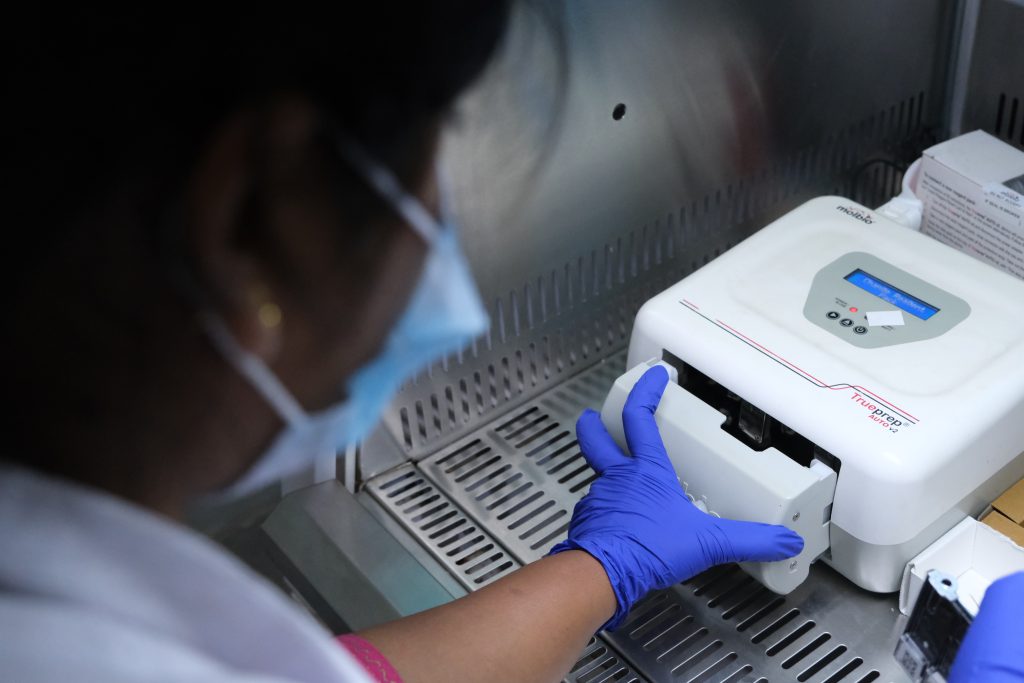
Truenat for Disease Surveillance:
In the years that followed the pandemic, Truenat continued to prove its mettle, not just as a testing tool but as an instrument of foresight. “Two years ago, we started witnessing 10–20 positive chikungunya cases in our lab. Anticipating a larger outbreak, we immediately reported it to the health department so they could take the necessary steps.” Dr. Shet quipped, recognizing the crucial role played by Truenat in disease surveillance.
“In another instance, we received a patient complaining of high fever and dehydration. Clinical symptoms indicated cholera, but we wanted a definitive diagnosis. With Truenat, we confirmed the results within 1 hour of sample collection and reported it to the health authorities for investigation. Turns out, there was an outbreak in the area where the patient lived.”
She pauses, the memory still fresh. “Numerous lives would have been lost if we had waited for conventional disease detection methods. Truenat allowed us to act in time– to warn, and to save.”
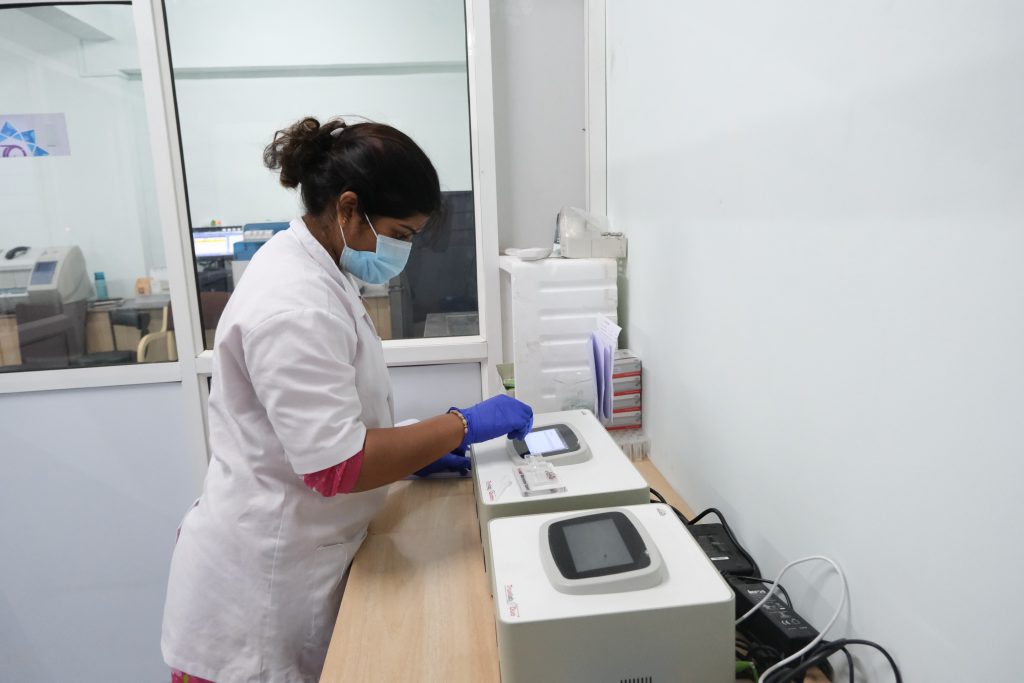
Today, the lab routinely uses Truenat for TB, hepatitis (particularly for patients with chronic kidney disease), chikungunya, salmonella, and more. “I even detected rifampicin-resistant TB once. And in a few cases, we tested for typhoid when widal tests were negative, and Truenat helped confirm it. Over the years, Truenat has quickly transformed from a diagnostic tool to a one stop solution for varied diagnostic needs, enabling us to make informed decisions.”
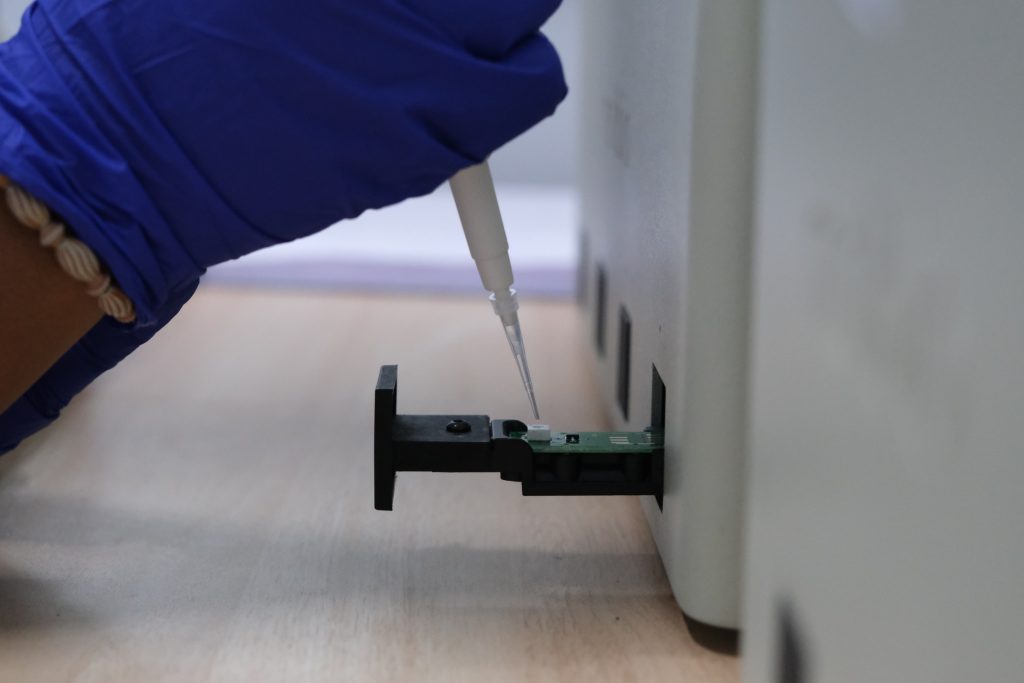
In her words, the machine has been a true game-changer that has made Sapphire a reliable name in the face of crises.
“The credibility we gained during COVID—it’s because we didn’t wait. We invested. We acted. And Truenat was the one companion that helped us achieve it.”
In a state known more for its beaches than its diagnostics, a small lab tucked away in the streets of Goa has redefined what community-based diagnostics can look like—resilient, responsive, and rooted in care. And at the centre of it all is one woman, one lab, and a machine quietly helping turn uncertainty into clarity for thousands.
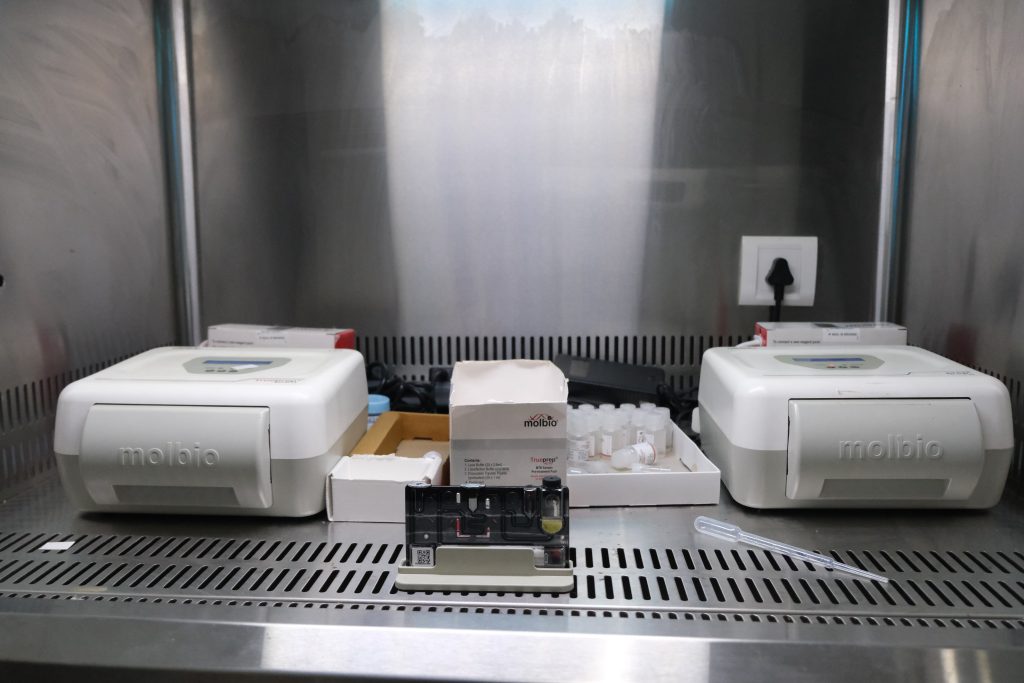
—
This story is developed based on an interview with Dr. Sunayna Shet, Founder and Lead Pathologist at Sapphire Diagnostics, Goa.



